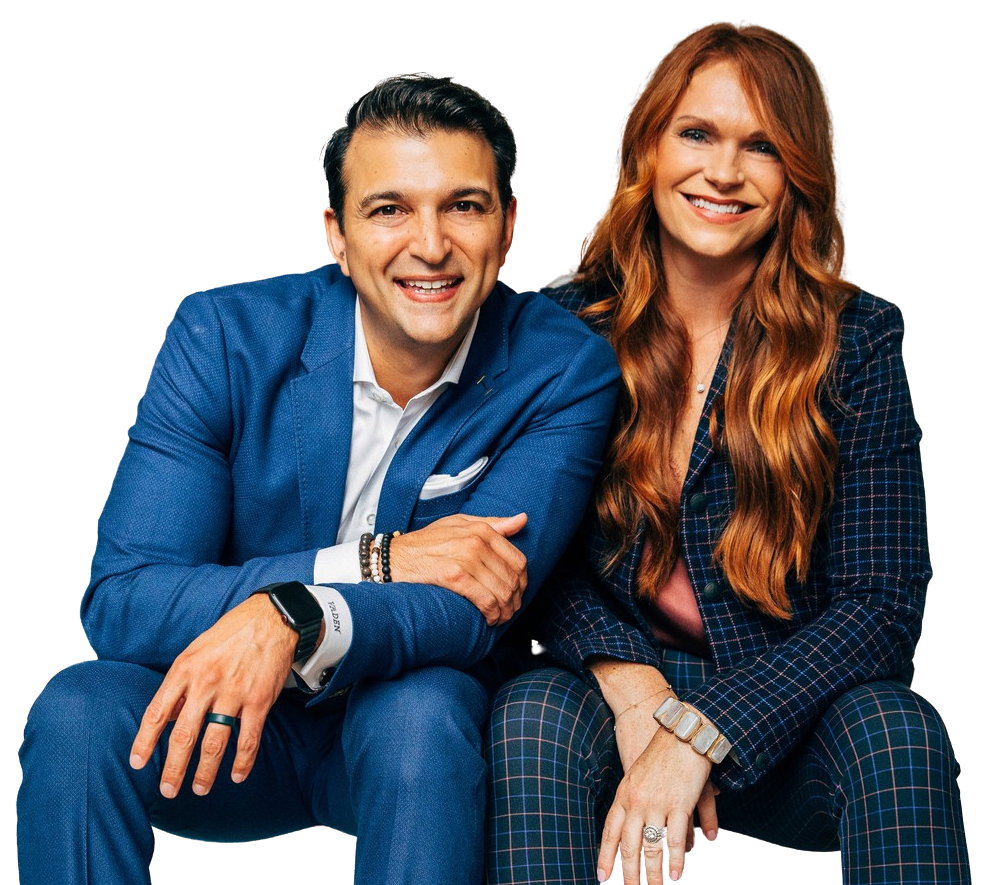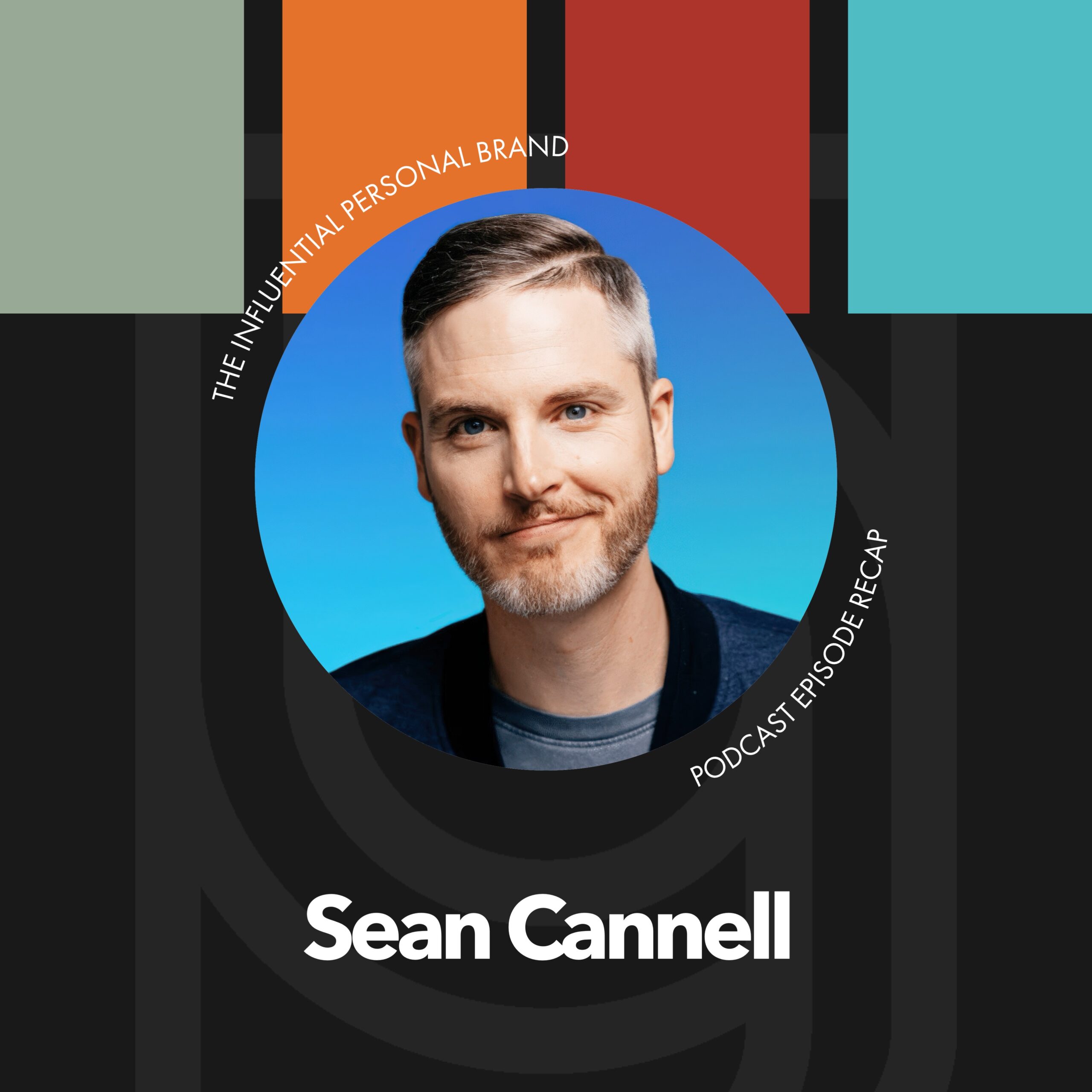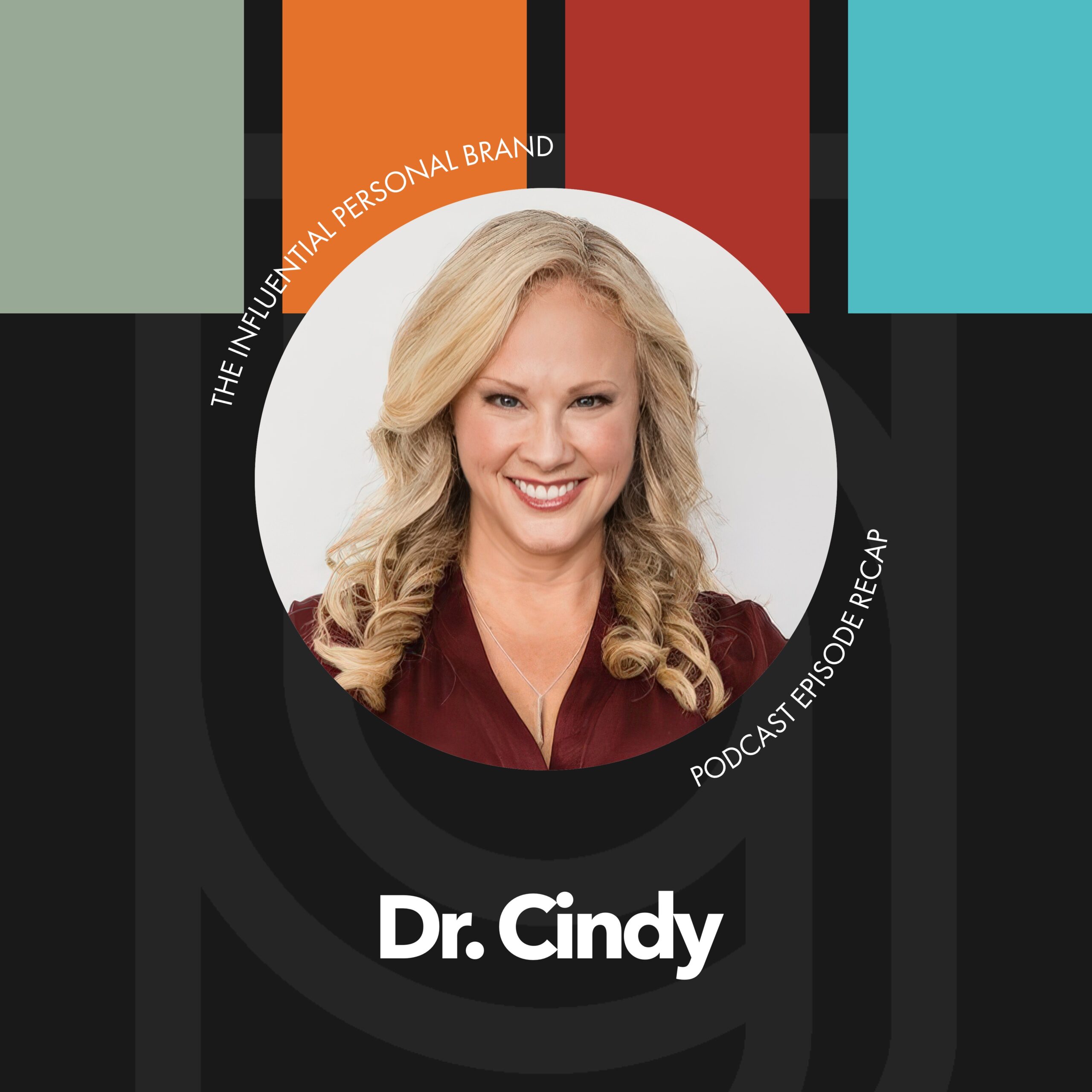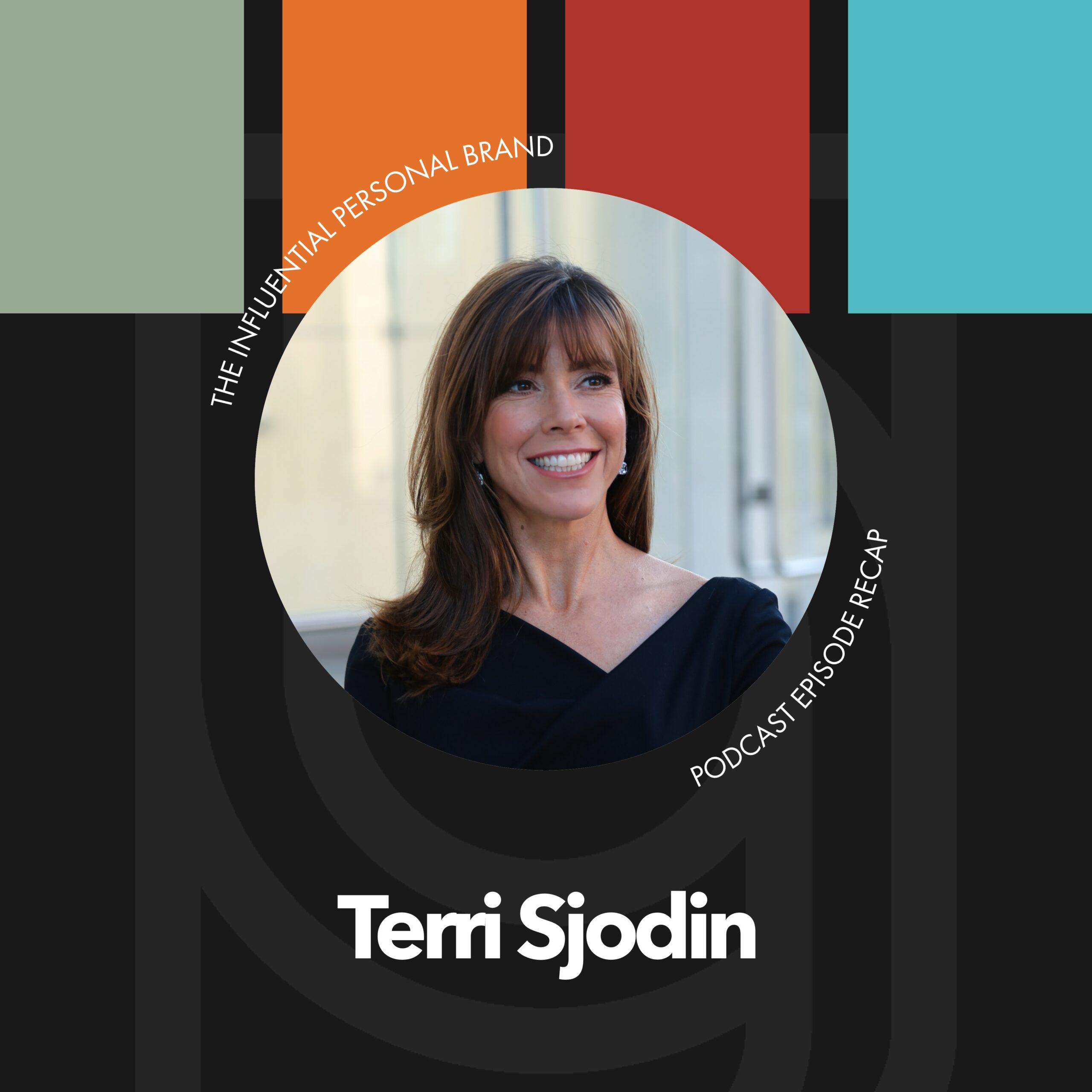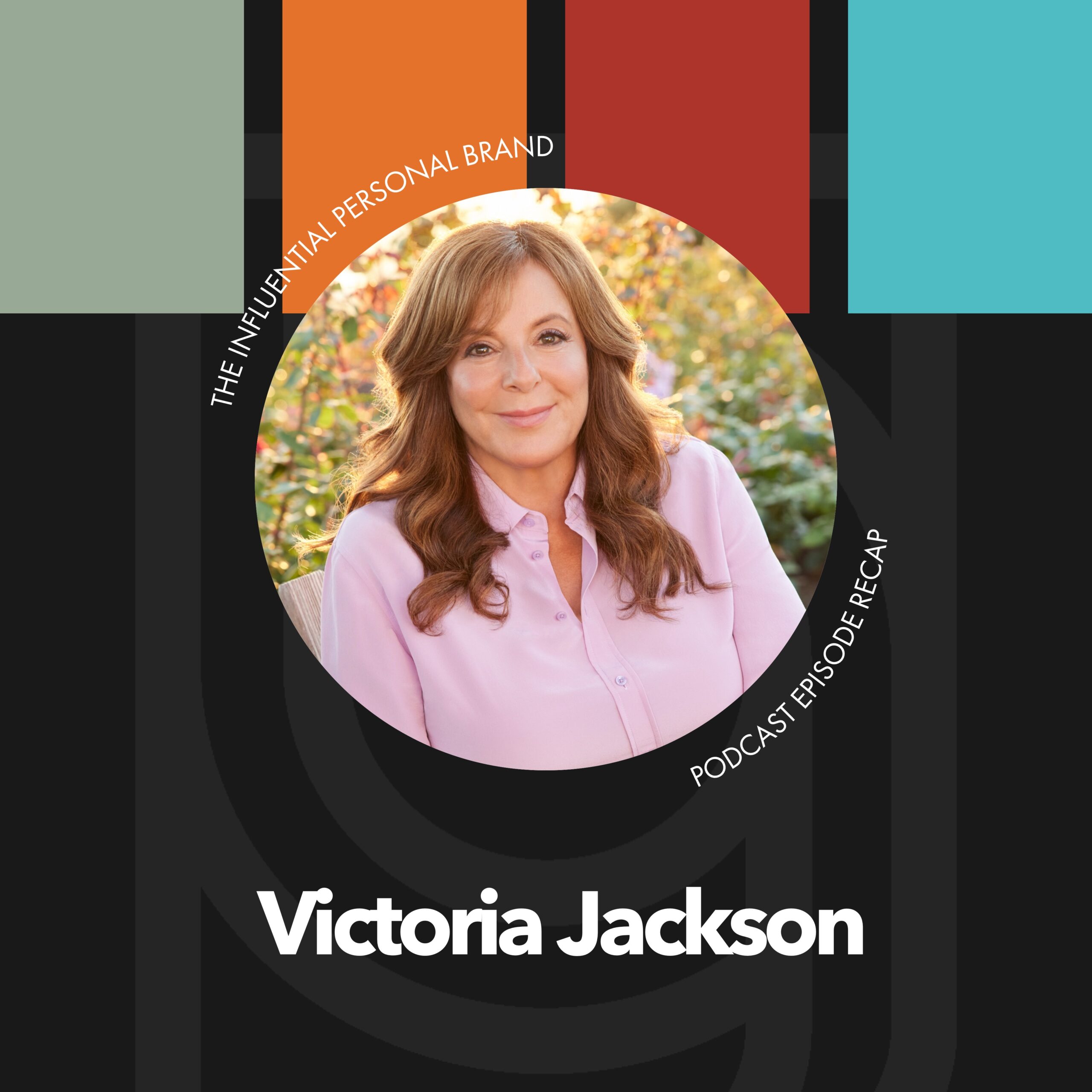AJV (00:02):
Have you ever wondered what makes a New York Times bestselling book? A bestselling book, ? And this has just been a question that has kind of plagued me over the years, because often we assume if it was a Wall Street Journal or New York Times bestselling book, or even an Amazon bestseller, like somehow this list definement makes it a better book than others. And that’s just not true. I mean, sometimes, right? That’s a very solid indicator. This is a fabulous book worth sharing. And other times you’re like, how did this book make the list? I’m, I’m not quite sure. And so this has just been a conversation that has come up so many times in my house, outside of my house. And so I actually just got finished having this awesome conversation with my friend Esther, about what really makes a bestselling book, a bestselling book, regardless of if it’s Amazon, wall Street Journal, or even New York Times.
AJV (00:58):
And so I thought I would share some of those tidbits with you because they were really important to me with the disclaimer. At the end of the day for anyone who is a writer, an author, a content creator, a thought leader, it’s like, I just think this should go without saying that. I do believe solely wholehearted wholeheartedly that knowing the amount of work that it takes to write a book and then edit it, and then rewrite it and then edit again, and then rewrite it again, like that’s no small feat. So I know that at the heart, most authors, most people who have a message on their hearts are not doing this just to hit the list, right? Because the real benefit is a life changed, a life transformed, sometimes a life saved because books have the power to do that. Words have the power to do that.
AJV (01:45):
And at the same time, we know that when you do hit a list, it creates a credibility factor, a shareability factor, a just a, a component to it that helps you share it more, get it into the hands of more people, thus impact change, transform save more lives. So I don’t want this to just be about, oh, like the only reason you write a book is if it’s only good if it hits the list. That’s clearly not the case, cuz lots of not so good books hit the list. and lots of incredible books never hit the list. Because at the end of the day, the end result, the most important, impactful thing is that you’re doing this to make a difference in the lives of the readers. And knowing that if you do happen to hit a list with some strategy and a plan, which is what it takes more people will get it, thus more people will be impacted. So let’s just let that be what it is. And I just like knock something off my desk with my hands flailing. And then let’s share some things around, okay, well, how do we then help it be a bestseller? Whatever that means to you. So here’s a couple things I thought were really, really good, is one, having great content is the prerequisite. It’s the
AJV (02:59):
you know, payment for entrance. You gotta have great content. But what is great content, and you gotta think about it like this and think about great content is content that you can remember, internalize, and then share. That’s great content. It’s simple in terms of its ability to be internalized and then regurgitated back out into the public. When it’s super complex, you’re like, oh, that’s really too hard for me to explain. Just go read it. Or you just have to go watch it, or you had to be there, right? It can’t be one of those things. It’s gotta be one of those things. I read this and this is what it meant to me and this is how it has changed me, and this is what I have done that has made such a monumental difference in my life. That’s great content. So let’s preface what is great content.
AJV (03:44):
Number two is you gotta have a platform. You’ve got to have people that are already coming alongside with you on this journey. And that’s a really important part of this because although not every author is in the business of hitting the bestseller book or selling millions of books, publishers are . So if you wanna work with a traditional publisher, a publishing house, they are in the business of publishing and making sure lots of books get sold. They don’t necessarily sell them, but they want them to get sold, which is why they publish them. So you’ve got to treat this like I am building a business, writing a book, launching a book is like building and launching a business. And that’s worth noting. If you’re not ready for that, you don’t have time capacity for that, then perhaps working with a traditional publishing house isn’t the venue for you.
AJV (04:37):
If you don’t want to hit a list and make this some sort of big part of your business, then self-publishing is an amazing route. And self-publishing today is extraordinarily amazing. Like, truly like it’s not the self-publishing that it was 12 years ago. Like you can’t even tell some of these self-publishing houses. You couldn’t even tell that this was done self-published. They’re really great. And so you’ve gotta think about the intent of that, of knowing that if you’re going after a traditional publisher, the intent is that you’re gonna hit the list and you’re gonna sell lots of copies. And in order to do that, you need a platform, right? You, you gotta have a platform of, of fans, followers customers that already know who you are and subscribe to the content that you’re teaching. Then I love this and I loved what Esther said, and she was like, you actually have to have a unique idea, right?
AJV (05:27):
Having great content is one thing, but it needs to be unique. It needs to be a creative idea or concept. What we would say is it’s got to forward thought leadership. It doesn’t have to be a brand new idea, but it’s got to be presented in a brand new way. So those are the three things fundamentally that are kind of like at the base, the foundation of if you’re going after a bestseller list to get this in the hands of lots of, or get this book in the hands of lots of people, those are like the prerequisites. Then there was a few other things that I thought was really important, and she was like, you just, the bestseller list, just hitting the bestseller list on Amazon alone is its own algorithm and its own beast of just knowing what category listings, not listing listings to be in.
AJV (06:15):
And I’m gonna tell you, go listen to my podcast interview with Esther. This is just like one of the most insightful interviews. So just go listen to it in terms of if you’re in that world of writing and publishing a book right now and your launch season or pre-launch season go listen to the interview with Esther. But this whole concept of Amazon listings, it’s like, think about it like this way, when you go look for a book in a retail bookstore yes, there are a few of those left , not many, but a few. It’s, it’s not like you’re looking for, you know, you know, let’s just say religion Christian, female entrepreneur, right? You’re not doing that. You’re just going and looking for like, what categorically speaking, I’m, I’m looking for some sort of entrepreneur book for females, for whatever, right?
AJV (07:07):
And I think it’s like, it’s like that but different when it comes to Amazon because you’re just typing in book names or categories. You’re not saying, Hey, I want to research kids books about turtles. Most likely you’re saying, Hey, I want to go kids books for five to seven year olds, boys, right? And it’s like, the thing is though, the category listings are really important and Esther told us awesome story about one of her clients who is a 17 year old who wrote a kid’s book about turtles and it hit number one on the Amazon bestseller list under the category of turtles. Turtles, right? It’s a kiss moment, it hit it under turtles. So it’s like being strategic with the marketing intent is a really important part of, you can’t just have a great book and assume you can just throw it on Amazon or anywhere.
AJV (07:55):
It’s like no, that there needs to be some strategy and marketing intent in order to get it to some of those credibility components like a bestseller’s list that’s then going to help it spread and help the message populate throughout, you know, your intended audience. So category listings actually do make a difference. I think that was really unique and very insightful. The other thing that I thought was really interesting is she shared with me that audiobooks audio sales are up 347%. Now, book sales are also up, but audiobook sales are up 347%. And what she said is that most people even though they listen to it on audio, they will also buy a physical copy because after they listen to it, they wanna go back and have something to underline or highlight or go back over. And so many people are doing both.
AJV (08:49):
But audio that’s huge. And then she goes, I make my author. So Esther is an agent, right? She is the owner and founder of the Fed Agency, but she goes, I say, if you’re gonna write a book, you must do an audio book. It’s a prerequisite, right? You’re doing it. And I would say I would throw that in there as the unsolicited feedback from a consumer books. If you’re gonna do an audio book, make sure you read it. You need to read your own book. Don’t hire someone else to read your book. You read your book. It makes it so much better for the consumer to listen to if you’re listening to the actual author. So just a couple of quick things about audio and the importance of not just having your book and words on pages, but having the audio version will actually help your book sales, audio sales help book sales.
AJV (09:35):
So make sure you have it on audio. Then we talked about a couple of other things that I thought were just really important. And some of them are just high level and, but worthwhile, worthwhile is that if you’re gonna launch a book you need to treat it like you’re launching a business because that’s what it is. And you need to be prepared to put in the time, resources, money as if you were launching a business. And because that’s what it takes. It’s gonna take a lot of sweat equity, a lot of actual equity, bro, dollars and cents like things cost money to prize. But a lot of time, and I thought this was really again, an important thing to remember. It’s like people talk about launch season. If you’re an author or an aspiring author, you know what I’m talking about.
AJV (10:20):
There’s a launch season. But nobody really explains like how long is a launch season. And what Esther said is she was like, A launch season is about a year, a year, not six weeks not three months, not six months, 12 months, let’s say year. And she goes, most of my authors begin their pre-sales and their kind of pre-launch season, six months before the pub date of their book, six months. And now that’s after they already have a plan in place. So think about how much time before that where they actually architecting and creating the plan to then actually go into launch season to start pre-selling. Then you have your launch season, right, which is probably the week before, week of week after your book launch. But then you’ve got your post-launch season, which is if you’ve spent years of your life writing, editing, publishing, marketing, selling a book, you don’t really wanna give up a week after it goes live. So there is an entire season of how do we build up all the anticipation and all the excitement for the book, and then how do we keep it going for six more months after, right? And one of the things that we say at Brand Builders Group is, if you’re not willing and interested and inspired to be talking about what you’re writing about for at least the next 10 years of your life, and don’t write it, it’s not the right topic. Find something else. Find something that you could talk about incessantly, naturally,
AJV (11:53):
Organically, or at least 10 years. Now that doesn’t mean you won’t write other books and talk about other things, but you gotta love it so much that for the next 10 years I would dedicate every conversation to this or for my life. Like, I could be talking about this until the day that, you know, I go to heaven, I God brings me home. It’s like I could talk about it forever. That is what needs to be in your book, is the things that people are like, man, like you always talk about that. You should write a book about that. And so just think about that. It’s like, this is not, I’m gonna write it and then for a couple of weeks we’re gonna market it and then it’s gonna spread. And no, it’s the, it’s not build it and they will come. It is you build it and then you go talk about it and talk about it some more and talk about some more and then some more and then a little bit more.
AJV (12:37):
And so it’s just treating it like a business that it’s like, it’s not something you write and it just sits on a shelf. It’s just like a business. It takes a continual process over the course of time before, during, and after to really make it successful. And then the last thing that I would just say I would just share is there is not one sales aha. In order to sell a lot of books, there’s a lot of sales aha movements and a lot of sales strategies. And there’s not one thing that’s a lot of things happening simultaneously that work today and that’s new and that’s different and that can’t feel overwhelming, which is why you need a good strategy and you need a plan that you can do over six months. So some of those things are making sure you’ve got a good social media plan.
AJV (13:22):
And some of the things that Esther and I talked about on our conversation I thought was so good is do fun things that create engagement. Like do a do a book cover reveal with your social media followings. Do a challenge from content in the book. Do different fun things like do a book launch party do giveaways, but create engagement with your social media months and months before it releases. You know, give tiny little sample excerpts outs, share stories, but create engagement all around the content that’s happening in the book. Other things were make sure you do a podcast tour, right? Make sure that it’s like you’re hitting every single media outlet in media venue. You can speaking, right? Speak for free, speak for money, go on podcasts. If you can get big media outlets to interview you, that’s great too.
AJV (14:12):
But it’s making sure that you’re just exhausting all of your resources. It’s not just sending an email to your list or just focusing on your followers. It’s how do I access anyone who I think could benefit from the message that are on the pages of this book? And that takes time and it takes a plan. And it’s not one thing. It’s lots of things happening simultaneously, which means you gotta have a sales and marketing plan. And I think that’s like the big overarching takeaway is that launching a book is like launching a business. And as the author, a huge part of your role is the salesperson. You, like, you are the sales team of the book. And if you are not a great salesperson, then you’ve got got to surround yourself with great salespeople who can go out and market and sell the book on your behalf.
AJV (14:57):
But again, like this is a really important thing just to walk away with, is we say this all the time that Brand Builders Group is, there is no such thing as a New York Times best writing author. There’s only New York Times best selling author. Highlight, bold, underline, whatever you need to do, which means that’s who is selling it, right? That’s who is selling the most. That’s who’s buying the most of that book. There’s not a lot of the best writing. That’s the, you know, that’s just what’s required. That’s the prerequisite, is it’s great writing, it’s great content that should be right. But then there’s gotta be the sales and marketing plan to get it in the hands of the people that you can help. So I hope this helps. You’re so insightful for me. Great reminders, new stuff. So hope this was helpful. Go check out the full conversation on our podcast, the influential Personal brand. I’ll catch you later.



